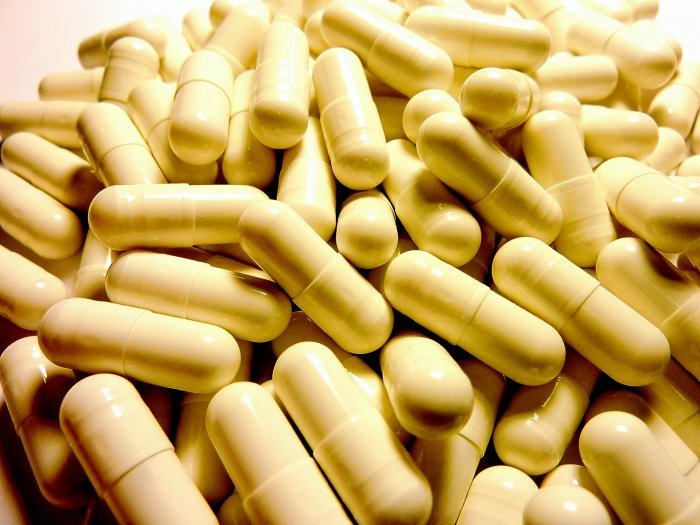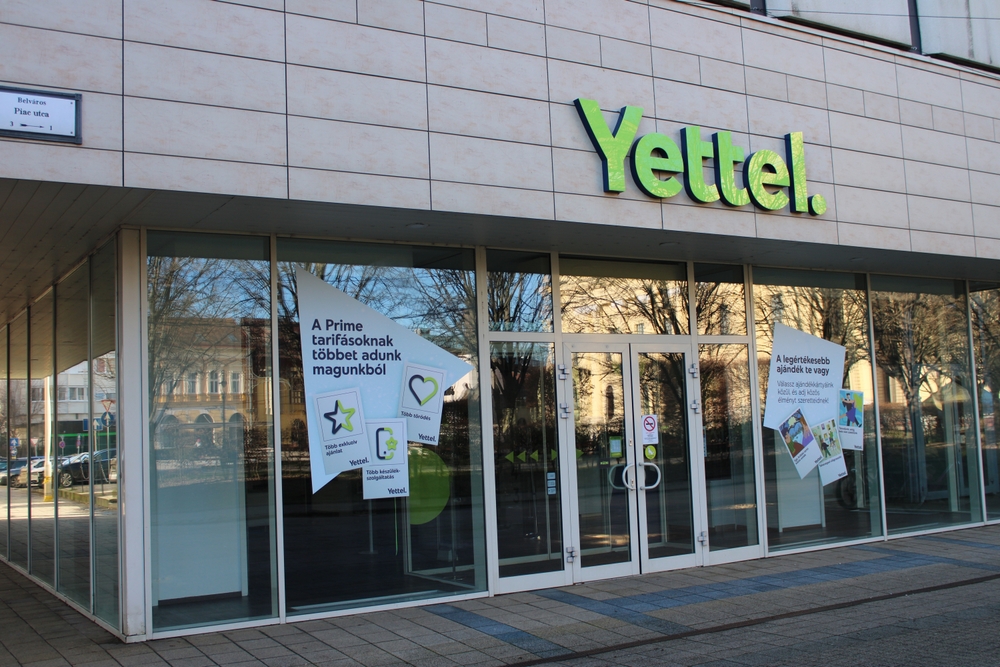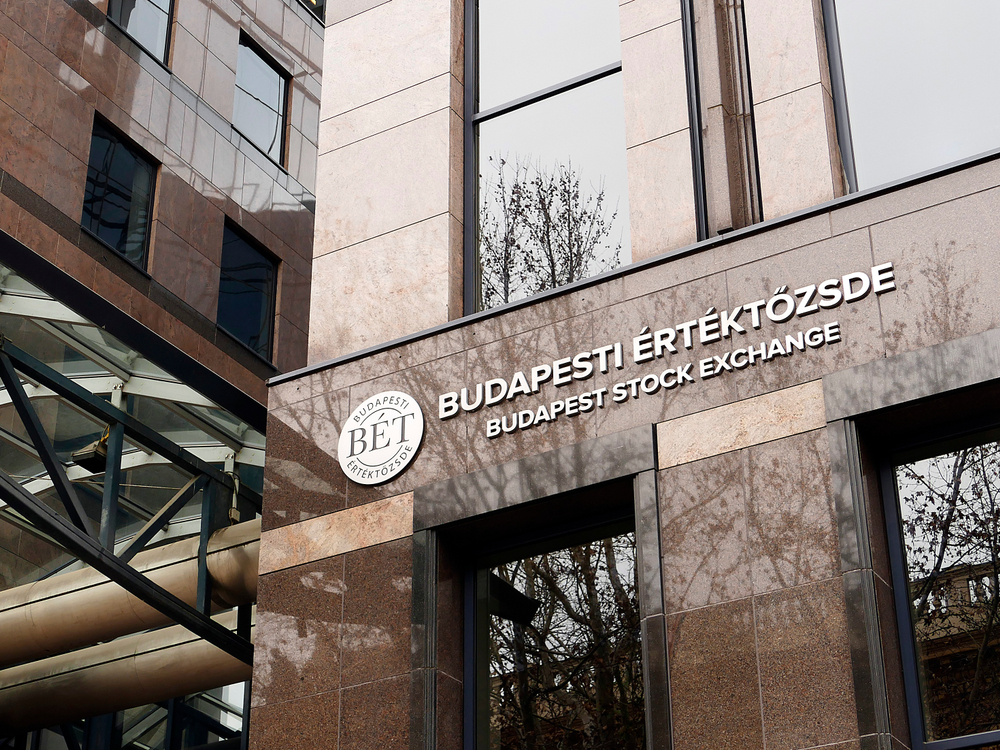Pharmaceutical companies pay one-fifth of medicine price subsidies in 2015

pixabay
Pharmaceutical manufacturers financed one-fifth of the total amount spent on medicine subsidies in Hungary last year, but the number of newly subsidized medicines and therapies falls well below the desirable level based on the current health of the population, the Association of Innovative Pharmaceutical Companies said yesterday, according to Hungarian news agency MTI.
Fresh data from the National Health Insurance Fund (OEP) show that a total of HUF 310.6 billion was spent to subsidize medicines sold at pharmacies in 2015, HUF 65 bln of which was covered by payments from pharmaceutical companies.
Even though pharmaceutical companies contributed HUF 8 bln more in 2015 to the financing of Hungariansʼ medicine expenditures than in 2014, there are still a number of innovative therapies that are more effective or involve fewer side effects than products already in use and which are awaiting approval for subsidization, AIPM said in its statement.
The data from OEP show that only three new innovative oncology drugs were approved by the social security system in 2015. Additionally, 14 other oncology drugs were available, but only based on special individual requests; last year about 1,000 patients received assistance in this manner, AIPM added.
The medicines not approved for subsidies in Hungary include 29 oncology drugs, 25 of which are new, with as yet unsubsidized active ingredients, AIPM said.
The association added that the funding limit of the medicine price subsidy cannot meet demand for new, more effective and safer drugs introduced as a result of research and development, intended to boost Hungaryʼs unfavorable health statistics. They said that the ratio of public spending on medicines sold at pharmacies as a percentage of the GDP was 0.76% in Hungary in 2013, low as compared to Europe and the region.
Several of the products not approved in Hungary have already proven effective in other countries and would be first-choice targeted therapies in the given therapy area, providing a new and more effective therapy option for incurable diseases and life-threatening conditions, they added.
SUPPORT THE BUDAPEST BUSINESS JOURNAL
Producing journalism that is worthy of the name is a costly business. For 27 years, the publishers, editors and reporters of the Budapest Business Journal have striven to bring you business news that works, information that you can trust, that is factual, accurate and presented without fear or favor.
Newspaper organizations across the globe have struggled to find a business model that allows them to continue to excel, without compromising their ability to perform. Most recently, some have experimented with the idea of involving their most important stakeholders, their readers.
We would like to offer that same opportunity to our readers. We would like to invite you to help us deliver the quality business journalism you require. Hit our Support the BBJ button and you can choose the how much and how often you send us your contributions.








